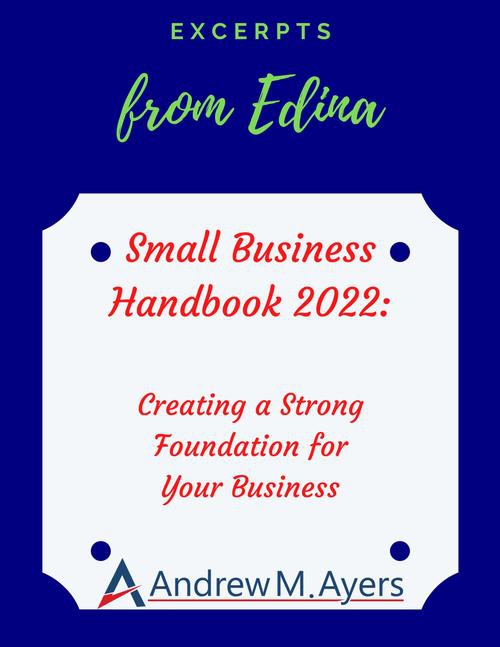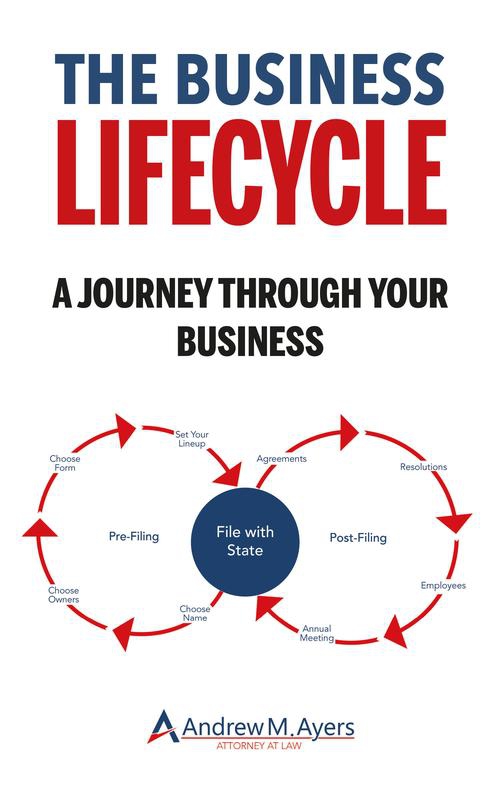A common cause of action in a lawsuit where one party has breached the contract and the other party suing wants to ensure that they have all their bases covered is an account stated. It is important to understand what it means and the legal requirements for proving it. So, let's delve deeper into this topic.
An account stated is a cause of action that is commonly seen in lawsuits involving a breach of contract. Suppose you're running a business or are involved in a lawsuit that concerns a breach of contract. In that case, you've likely come across a claim for an account stated. While the term sounds simple enough, it's essential to understand the legal requirements for proving this cause of action.
To establish the cause of action for an account stated, three things need to be shown:
- There was an agreement between the parties about the debt
- The other party received notice of the agreement
- The other party failed to pay the agreed-upon amount
Let's go back to the example of an invoice to better understand how an account stated works. Suppose you're running a restaurant and are buying heads of lettuce from a produce supplier. In that case, the supplier will likely bring you 50 heads of lettuce and give you an invoice. The invoice will state the number of heads of lettuce and the price per head, among other things.
The invoice is used as evidence of the agreement between the parties, which is the first requirement for an account stated. The parties agree that the supplier will provide 50 heads of lettuce at a price of $2 per head, resulting in a total invoice of $100. However, the invoice also needs to be used to prove the agreed-upon price. This is because, in this example, the price of lettuce may vary from month to month, so the invoice will indicate the agreed-upon price for that specific period.
The second requirement for an account stated is to show that the other party received notice of the agreement. In this case, notice is delivered when the supplier brings the invoice along with the heads of lettuce to the restaurant. This notice can be given in person, via email, or by any other agreed-upon method.
Finally, the third requirement for an account stated is to show that the other party failed to pay the agreed-upon amount. In our example, suppose the restaurant fails to pay the invoice's agreed-upon amount. In that case, the supplier can sue for an account stated, claiming that the restaurant received the invoice, agreed to pay the amount and failed to do so.
An account stated is a cause of action that is commonly seen in lawsuits involving a breach of contract. It is used to prove that the other party received notice of the agreement, failed to pay the agreed-upon amount, and therefore owes the plaintiff money. If you ever find yourself in a situation where you've received a claim for an account stated, make sure to consult with a legal professional to understand your rights and obligations.
Do I Need a Small Business Attorney?
If your business needs help with an Account Stated or have some questions about clauses or other provisions in your contracts, it's important that you talk to a business attorney. Let's schedule a Legal Strategy Session online or by calling my Edina, Minnesota office at (612) 294-6982 or my New York City office at (646) 847-3560. My office will be happy to find a convenient time for us to have a phone call to review the best options and next steps for you and your business.





